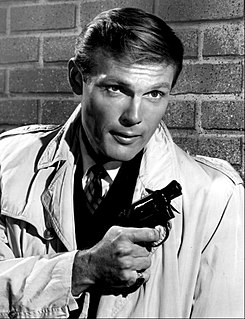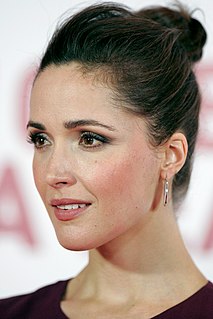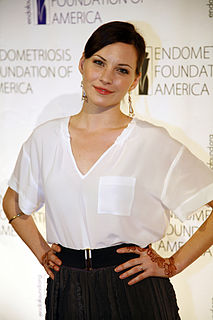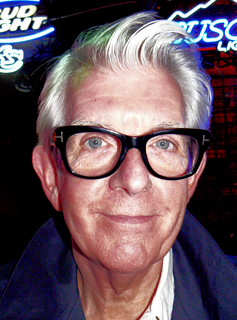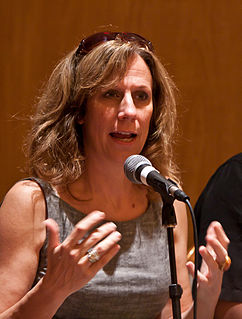A Quote by Edie Falco
It's a very complicated issue, this fame thing - I was not really cut out for it. There are some really fantastic things about it, but it's difficult for a private person like myself.
Related Quotes
I think people are uncomfortable seeing pregnant women, particularly with any kind of conflict. [Pregnancy is] very much a projection of life and love, but it's also very complicated. People have very complicated pregnancies. They could be accidental or people suffer depression, and that was a really interesting thing for me. And a challenging thing. I have not been pregnant. I don't know what that's like, let alone to be really conflicted about it. Acting in the film about pregnancy was a really interesting thing to do.
Just coming to terms with the fact that I got to play April Wheeler [Revolutionary Road] and Hanna Schmitz [The Reader] in one year, let alone in my lifetime. I'm very, very aware of how rare that is as an opportunity for any one person. I can't tell you how much I've been able to take away from these experiences creatively. I really, really learned so much about acting, about myself... all of those things. It's difficult to talk about the actor's process without sounding like an arrogant asshole but they really were very challenging.
So in that way, fame has become a weirder thing to go after, but the thing about me is I've never been after fame. That sounds cliché, but it's true. I think fame sounds uncomfortable to me, but being able to like write this book and make my living doing very exciting, creative stuff sounds really amazing. It has been really amazing.
My past was always there. And I always understood that I was adopted. It wasn't like a massive issue to me. But identity was an issue. I knew that I was Indian, but I didn't really know much about myself, really. I mean, I really disassociated myself from what happened in the past to present. But, it was affecting in regards to identity.
I'm finding things out about myself as a person - as a writer - as I write, and so are the people who listen to what I do. But they have this additional aspect of how they take the stuff that I do, and so it broadens the work and it creates this strange connection. It's really a way of strangers communicating through this third thing, which is a body of work. But really, I know it's a cliché to say I write for myself, but I write for myself.
I mean, the way I'm talking, it sounds like I'm - you know, I'm about to go out and sign up for the nearest seminary, and you'll never see or hear from me again. But it's a hard thing to talk about really 'cause I'm not at all sure myself about it. But I've got a very, very simple sort of outlook to it. Yeah, that's all I can say, really.
It's really nice to see that, looking at all sides of the abortion issue - from the person who doesn't want to have kids so they're going to have an abortion and that's not traumatic for them, to somebody who loses a wanted pregnancy, to somebody who has complicated feelings because of their religion. We can talk about all of those complicated and individual stories and not feel like there's any one abortion story that's right or wrong.
There are some things about myself I can’t explain to anyone. There are some things I don’t understand at all. I can’t tell what I think about things or what I’m after. I don’t know what my strengths are or what I’m supposed to do about them. But if I start thinking about these things in too much detail the whole thing gets scary. And if I get scared I can only think about myself. I become really self-centered, and without meaning to, I hurt people. So I’m not such a wonderful human being.

